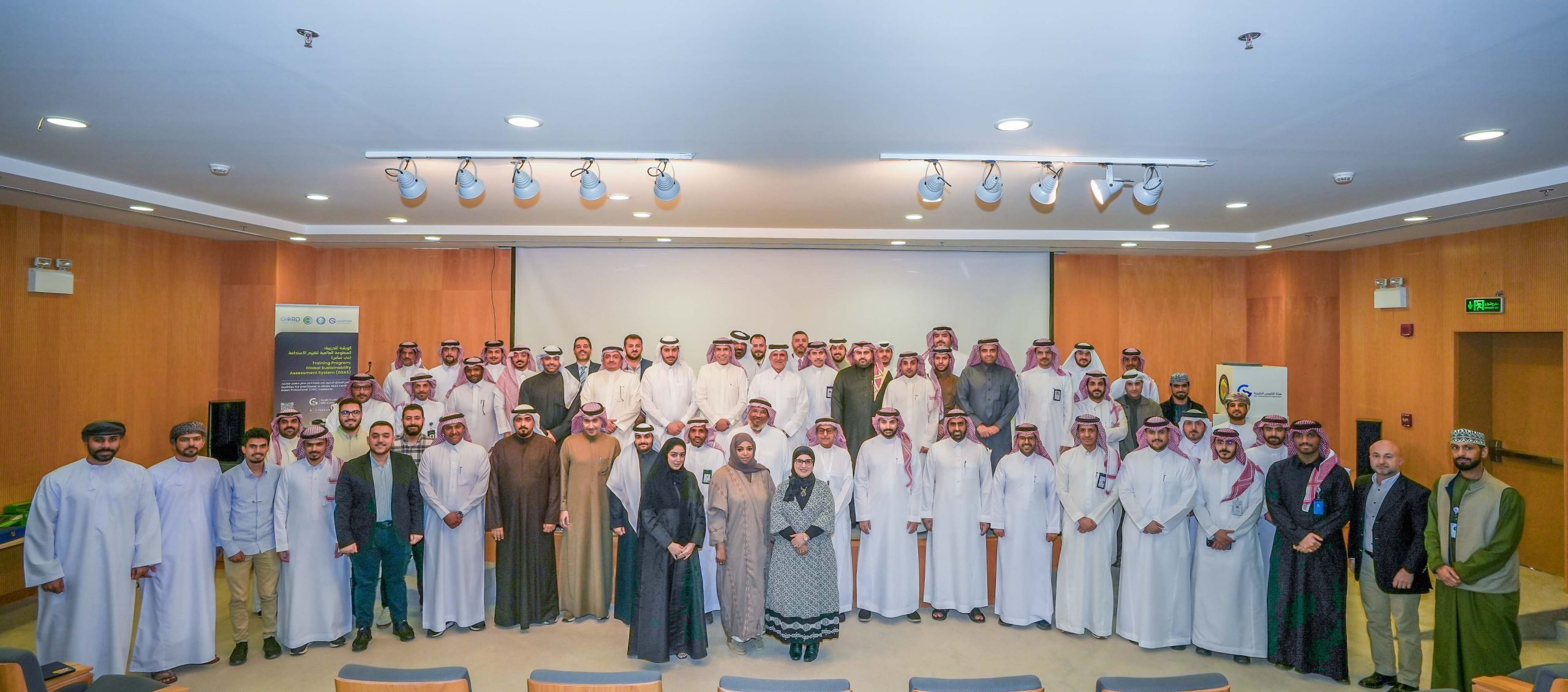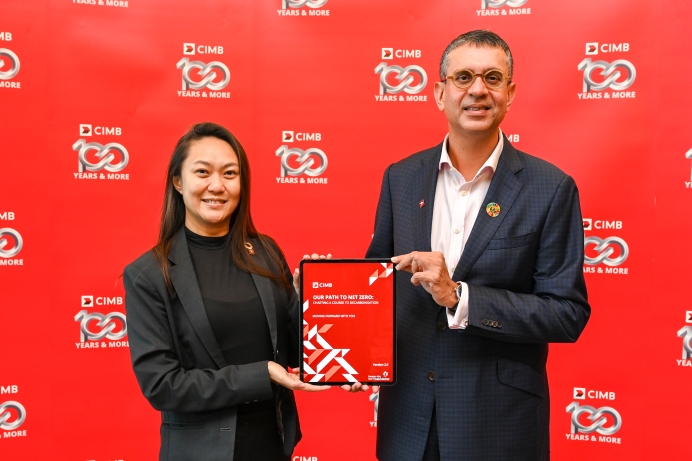CIMB Group Holdings Berhad announced its 2030 climate targets for its oil and gas and real estate portfolios, thus claiming to become the first Malaysian bank to complete its 2030 decarbonisation target setting for high-emitting sectors in pursuit of its broader 2050 Net Zero commitments, which include thermal coal mining, cement, palm oil and power. The bank aims to reduce emissions intensity in its oil and gas portfolio by 16% and in its real estate portfolio by 34%.
CIMB’s updated whitepaper details sector-specific strategies for reducing emissions in key areas, which account for 60% of its financing portfolio emissions as of 2023. It supports oil and gas clients in transitioning to renewable and low-carbon alternatives, targeting a 16% reduction in Financed Emissions Lending Intensity (FELI) by 2030, including Scope 1, 2, and 3 emissions.
Starting in 2025, CIMB will stop financing upstream oil projects approved after 2021, in line with the IEA’s Net Zero Emissions scenario, while continuing to support essential natural gas projects in ASEAN. CIMB aims to cut operational emissions intensity by 34% by 2030 for its commercial real estate portfolio, based on Carbon Risk Real Estate Monitor and IEA scenarios, by financing energy-efficient buildings and on-site renewable energy installations.
CIMB has also pledged to exit coal by 2040 and has set a Net Zero decarbonisation pathway for its palm oil portfolio. The bank aims to achieve a sustainable finance target of RM100 billion by 2024, having already surpassed RM80 billion by December 2023. CIMB has also joined the Net Zero Banking Alliance Steering Group to contribute to global net-zero strategies.














